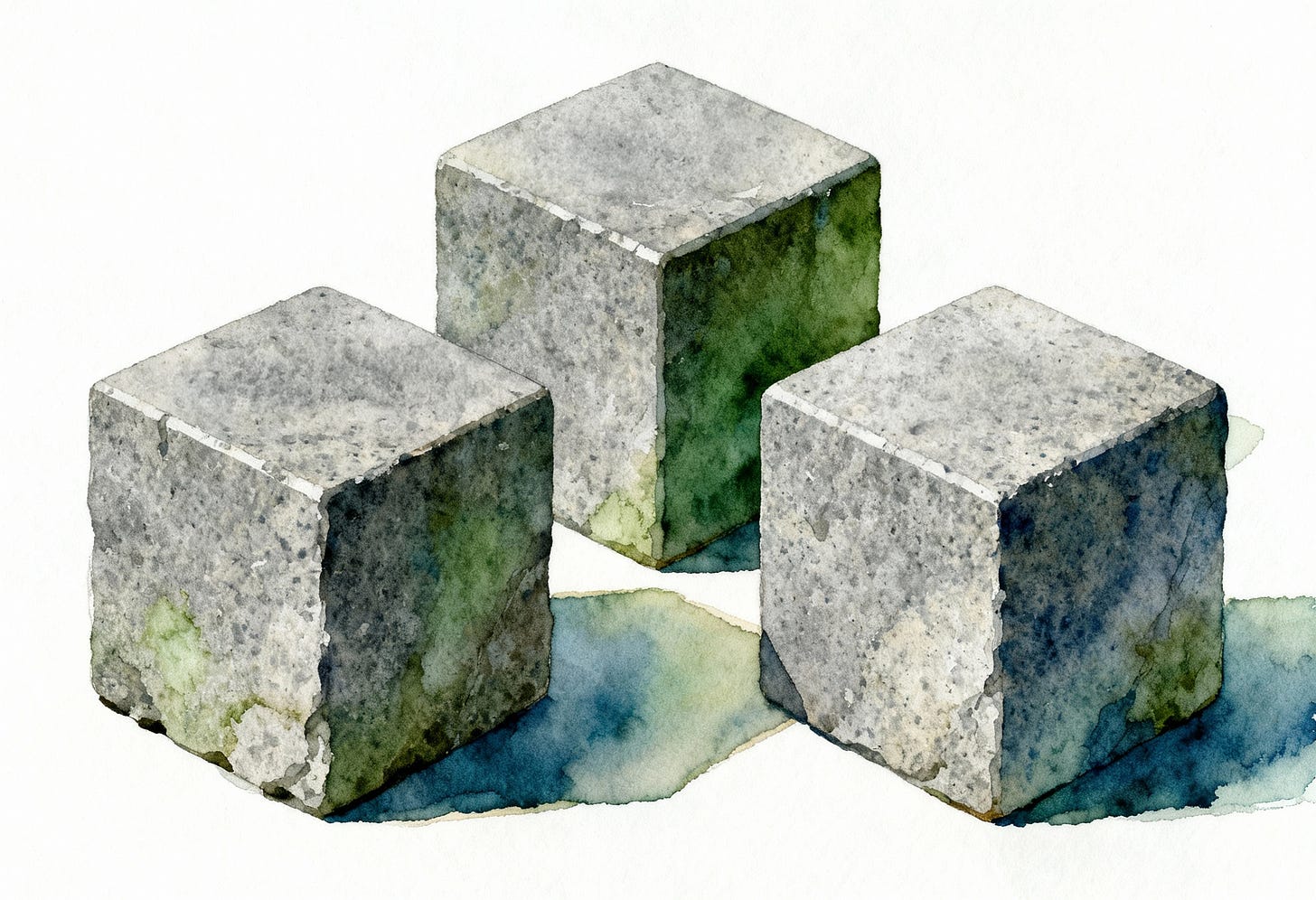Cornerstones of System Design
How Empathy, Diversity, and Love Build Justice, Wholeness, and Dignity
Empathy is not wrong.
It is foundation for justice.
Diversity is not weak.
It is foundation for wholeness.
Love is not limited.
It is foundation for dignity.
People keep trying to convince us that empathy is weak. That it clouds judgment, makes us soft, prevents us from making “hard choices.”
They’re wrong.
Empathy is how we see clearly enough to build justice. Without it, we’re designing for abstractions instead of actual people. We miss what needs repair because we can’t see who’s hurting.
Diversity gets the same treatment—framed as a burden, a complication, something that slows us down or dilutes excellence.
But systems that draw strength from difference adapt faster. They see problems from multiple angles. They stay whole because they don’t discard perspectives as expendable. That’s not weakness. That’s structural resilience.
And love? We’re told it’s limited. That there’s only so much to go around, that protecting dignity for everyone somehow diminishes it for anyone.
That’s scarcity thinking dressed up as realism.
When dignity is treated as infinite rather than scarce, systems create abundance instead of competition. Everyone flourishing doesn’t threaten anyone—it lifts us all.
Here’s what I’ve learned: these aren’t soft principles you add if there’s room left over after the “real” engineering is done.
They’re load-bearing.
A system without empathy can’t deliver justice because it can’t see what needs fixing. Without diversity, it won’t achieve wholeness—you can’t include what you don’t recognize. And without love as foundation? It can’t sustain dignity. You don’t protect what you don’t value.
This isn’t idealism. It’s structural engineering.
If we want systems that actually deliver justice, wholeness, and dignity, we have to build with empathy, diversity, and love from the ground up. Not as aspirations. As architecture.



